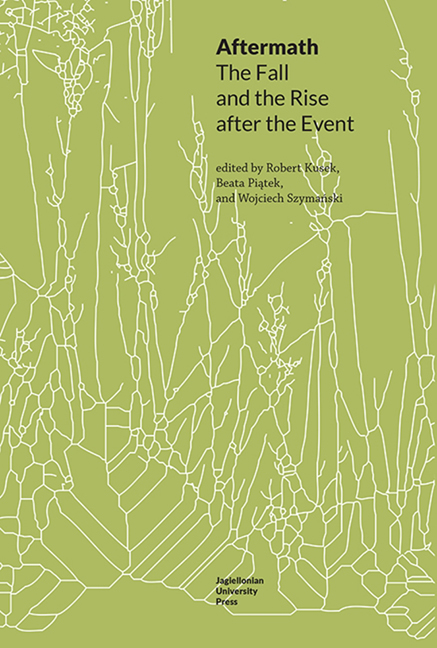The Entangled Temporality of the Postcolony: Zakes Mda and the “Chaffing Temporalities” of Post-Apartheid
Published online by Cambridge University Press: 06 November 2021
Summary
“The Chaffing Temporalities” of Post-Apartheid
When relating to the outbreaks of xenophobic violence in South Africa in 2008, as well as to the more recent Marikana massacre, in his psychosocial inquiry into “the post-apartheid condition,” Derek Hook (2013: 1–2) points to a pervasive sense among South Africans of a historical repetition; a sentiment that the country has failed to shake off apartheid history; a feeling that harbingers even more disruptive forms of social unrest to arrive in the near future. Indeed, in a country where the suffering inflicted by apartheid is perpetuated by the national crisis of AIDS epidemic, as well as by soaring crime, a sense of massive social inequality reinforced by the macro-economic policies of the African National Congress (ANC), and the recurring outbreaks of xenophobic violence; a sense of temporal dislocation, and a feeling of being haunted by the past might prevail. Such a sentiment is only compounded by a widespread recognition that rights and freedoms promised by the advent of modern democracy have never been delivered, pointing towards areas of social and political stasis. In such a context, the traditional understanding of progress as change over time – which assumes an irreversible, expansive, and unchangeably forward- looking trajectory – proves particularly difficult to apply.
Thus, Hook (2013) depicts everyday South African experience as marked by historical dissonance, “by the continuous juxtaposition of forwardand backward-looking temporalities” (5). He admits that,
post-apartheid temporality pulls simultaneously in two different directions. There is the continual hope of transcending the apartheid past, the prospect – admittedly, already itself now somewhat dated – of what a genuinely post-apartheid society may be. And then there is the “pull-back” effect of the myriad instances where adequate structural change has either not come to pass or stalled, threatening even in some cases to regress, to reverse into an intractably backward trajectory. (6)
Such a bi-directionality of temporality seems to underlie the very process of forging national identities and, as such, accompanies the emergence of nationalisms not only in South Africa but globally. Nonetheless, Hook points out that a feature that more specifically distinguishes post-apartheid temporality is its concurrent interweaving of bi-directional temporal shifts and long periods of stagnation and resistance to change.
- Type
- Chapter
- Information
- AftermathThe Fall and the Rise after the Event, pp. 235 - 248Publisher: Jagiellonian University PressPrint publication year: 2022



